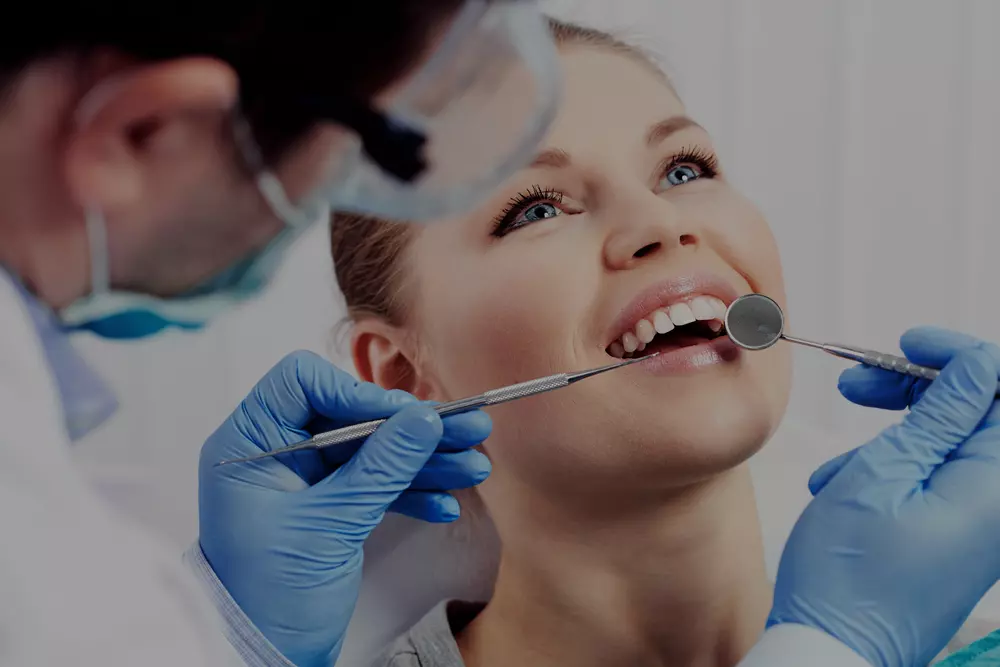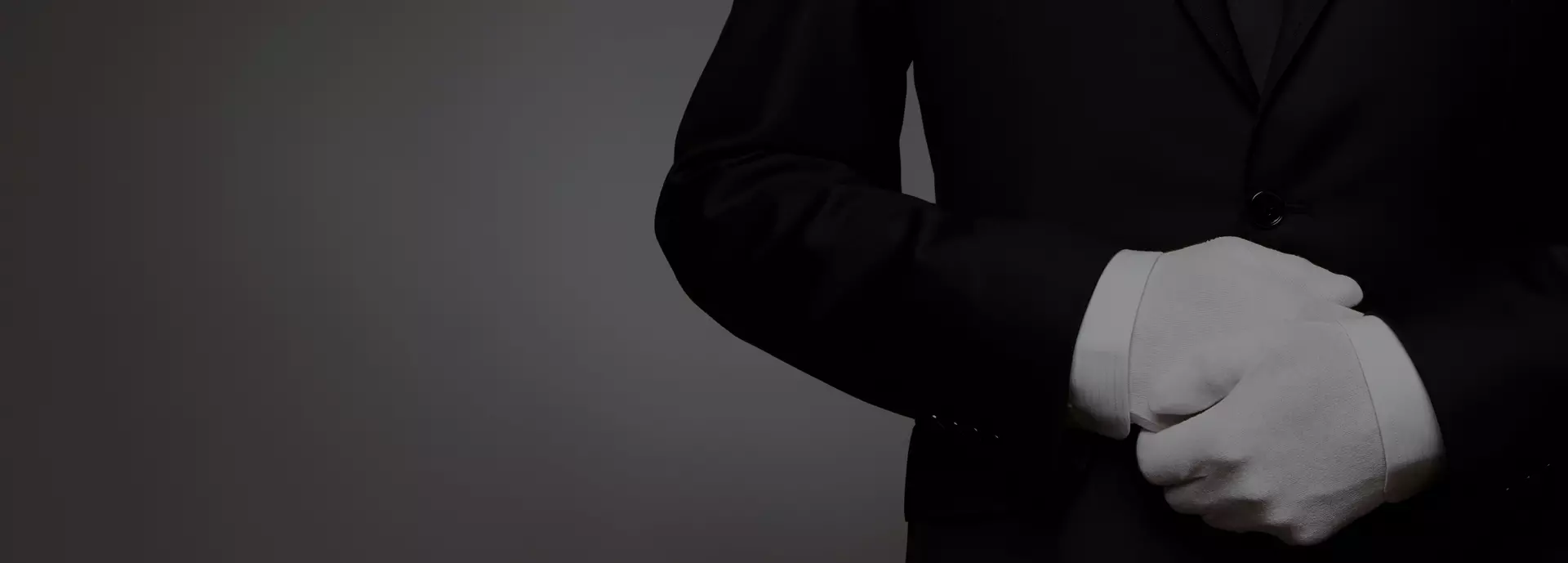In America, fear of the dentist isn’t just about the drill — it’s also about the price tag. If you thought treating a cavity at home was expensive, think again: treating a single tooth in the US can cost anywhere from $200 to $2,000.
And the prices for crowns or braces? Enough to scare even adults — let alone kids. Even a basic dental cleaning can be out of reach for many. But American Butler knows how to avoid falling into a financial trap and get quality treatment at a fair price. Read our article to learn how not to become a victim of greedy dentists.

How to Save Money on Dental Treatment in the USA
Dental care in the US is anything but cheap. Even in emergencies, not everyone is willing to pay $200–500 for a basic filling or tooth extraction. It’s no surprise that some Americans head to Mexico for cheaper (if less fancy) dental care.
But crossing the border for a cavity isn't exactly the dream. That’s why we’ve collected the most affordable — and safe — options for getting dental help right in the USA.
Pro tip: Take care of your dental needs before moving to or visiting the US. Even the most complex procedures will likely cost much less in Russia or other CIS countries. That means saving not just money — but also time and stress.
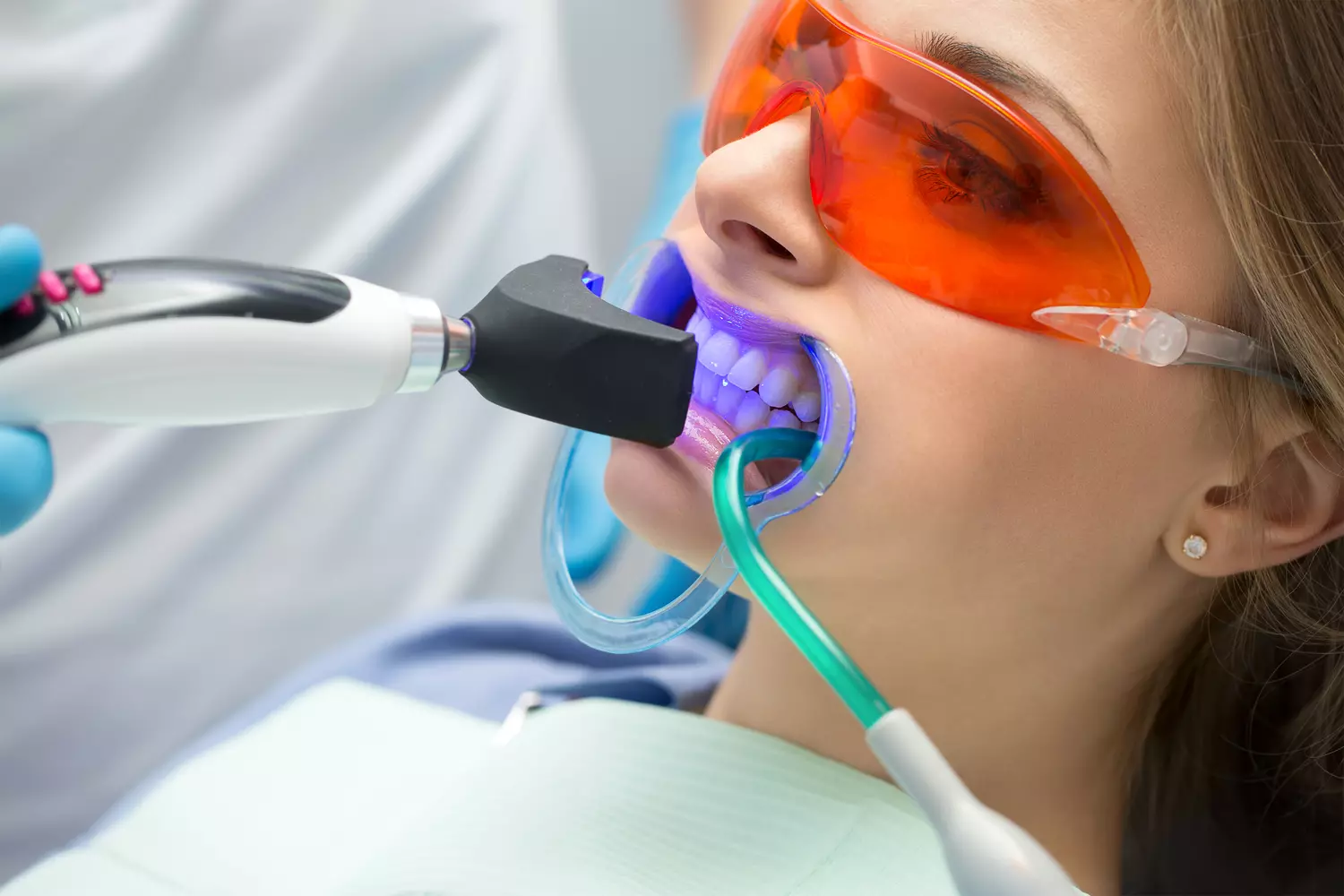
Dental treatment insurance
Dental Insurance in the USA
If you already live in the United States, chances are you have some form of health insurance. However, your standard medical policy usually doesn't cover dental care — you’ll need a separate dental insurance plan. These typically cost between $40 and $150 per month, but they’re still cheaper than paying $1,000+ out-of-pocket for emergency dental treatment.
You should consider getting dental insurance if:
- you have a family history of dental problems,
- you already have crowns, implants, or dentures,
- you frequently experience gum inflammation or oral discomfort,
- you wear or used to wear braces.
You can ask your health insurance agent about available dental plans and coverage options. Keep in mind that even with dental insurance, some procedures may require co-pays — be sure to review the full list of covered services before buying a policy.
Government Dental Insurance Programs
- CHIP — free or low-cost coverage for children under 19;
- Medicare — for seniors and individuals with certain chronic conditions (call 211 for details);
- Medicaid — available for low-income individuals; eligibility and coverage vary by state.

Budget clinics
Low-Cost Dental Clinics
Not everyone has the time or opportunity to arrange insurance — especially in urgent cases. Fortunately, there are several reliable and affordable alternatives available.
Public and Free Clinics
In addition to private dental offices, the U.S. also has public and nonprofit clinics. A basic visit can cost as little as $15–$20, and often includes a check-up, cleaning, consultation, and even basic treatments.
Important: These clinics maintain high standards. They use modern equipment, employ licensed professionals, and often feature young specialists or recent graduates who are gaining experience before opening their own practice.
How to book an appointment:
- 01. Find a nearby clinic via the Health Resources & Services Administration website: www.hrsa.gov or call 1-888-275-4772.
- 02. Bring with you: a photo ID or driver’s license, proof of residence (such as a utility bill), and copies of your last two pay stubs.
There are also volunteer-run clinics that provide treatment for free or accept small donations. You can find their locations on the same HRSA website or through the United Way charity network.
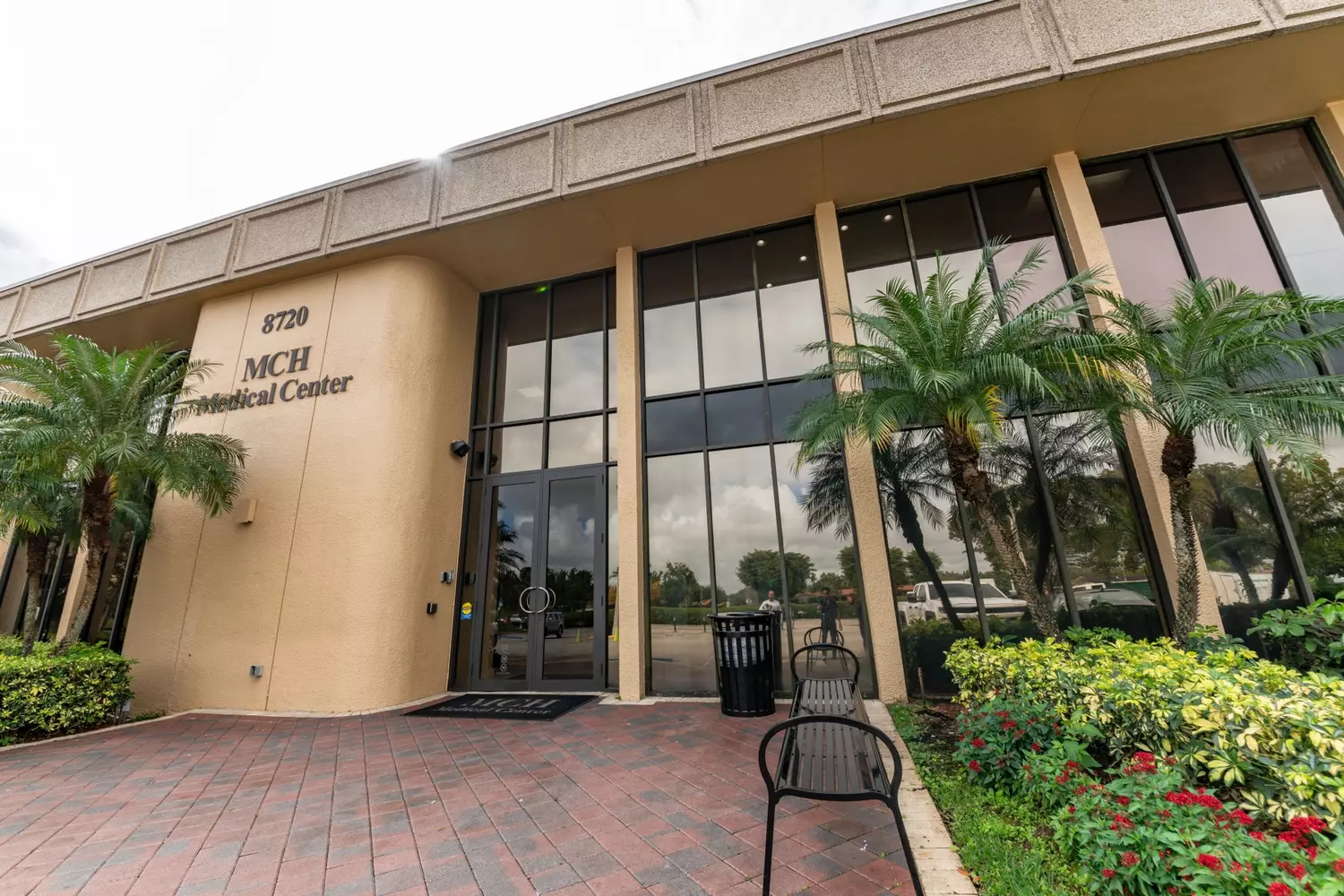
Dental School Clinics
In the U.S., dental treatment by student dentists under the supervision of licensed professionals is a common and safe practice. It’s legal, supervised, and costs 2–3 times less than standard private clinics. These clinics are especially useful for cleanings and basic procedures.
How to schedule an appointment:
- 01. Find an accredited dental school through the American Dental Association (ADA) website.
- 02. Complete the online application form or call the school directly.
Due to high demand, you may need to wait 1–2 weeks for an appointment. Urgent procedures like tooth extractions are usually prioritized and done sooner.
Participating in Clinical Trials
The National Institutes of Health (NIH) website frequently lists open enrollment for dental research studies. In exchange for participation, you can receive free or low-cost dental care.
Each program clearly outlines its terms, potential risks, and benefits. If you're open to medical innovations and want to save money, this option could be worth exploring.
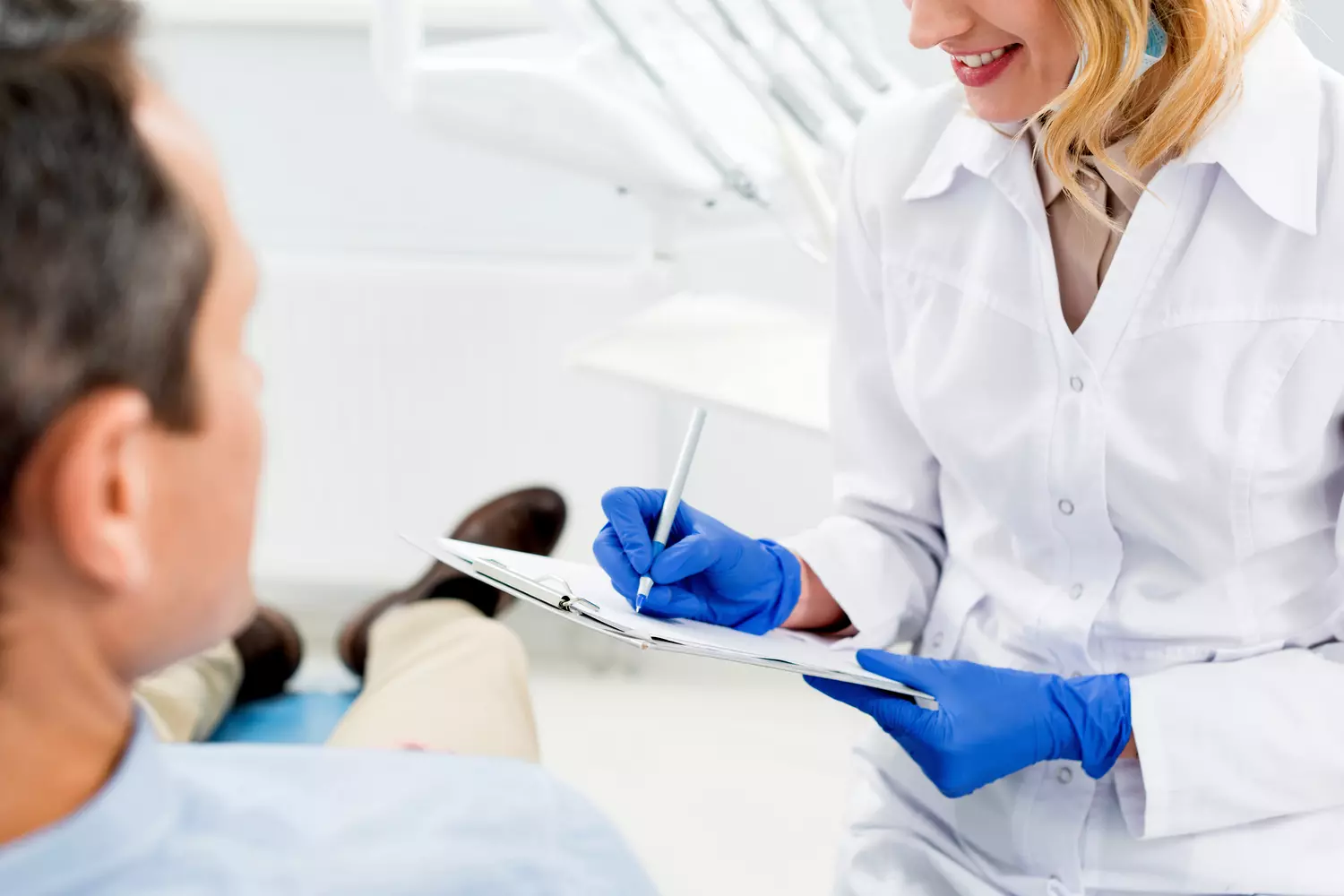
Discounts, Payment Plans & Smart Tips
Dental care in the U.S. can be expensive — but there are ways to cut costs. One simple trick? Don’t be afraid to negotiate. After an exam, if the price sounds too high, tell your dentist. Many will offer a discount, suggest a more affordable alternative, or refer you to a colleague with a “special deal.”
Discount Plans
The website dentalplans.com features over 100,000 participating dentists across North America offering discount plans. These discounts typically range from 10% to 60%, available through a small annual membership fee.
Some plans are part of promotional campaigns or charity initiatives — in some cases, treatment is completely free. This is the largest discount aggregator in the U.S., but you can also look for local options in your state or city.
Medical Credit Programs
CareCredit is the most well-known healthcare credit system in the U.S. It provides a personal credit limit for services like dental care, cosmetic procedures, and even veterinary bills.
- If you pay off the full balance within 12 months — zero interest.
- If you only make minimum payments — after one year, interest of around 30% is added.
Terms and conditions vary by clinic, so be sure to ask for full details before signing up.
Installment Plans at Clinics
About 40% of U.S. dental clinics offer installment plans — but they don’t always advertise it. Just ask directly at reception or with your dentist. Typical interest on payment plans ranges from 5% to 10% of the total treatment cost.

What to Do If Your Child Has a Toothache — and No Insurance
If you're in the U.S. without dental insurance for your child and need urgent help — don’t panic. Here are the steps you can take right away:
- 01. Call 211
This is a free nationwide helpline. The operator will connect you with local dental clinics offering low-cost or charity care near your area. - 02. Search for “sliding scale dental clinics”
Google this phrase: “sliding scale dental clinic near me”. These clinics base their fees on your income and often treat children even without insurance. - 03. Check with your child’s school
Many public schools partner with local dental clinics and offer free or discounted basic care — cleanings, checkups, fluoride treatments. Contact the school nurse or parent coordinator for more info. - 04. Apply for a local children’s program
Even without full documentation, children in most states can qualify for CHIP or Child Health Plus. You can apply online or through your local health department. - 05. Look for volunteer programs or mobile dental vans
In major cities, especially during summer, many nonprofits host Free Dental Days or mobile clinics. Keep an eye on sites like United Way or FreeClinics for local events.
Tip: Even if your immigration status is uncertain, children in the U.S. are often eligible for basic dental care. Don’t hesitate to seek help — in emergencies, clinics are required to assist you.
If you feel overwhelmed or unsure where to start, reach out to American Butler. We’ll help you contact the right services, apply for assistance, or find a clinic with Russian-speaking support.
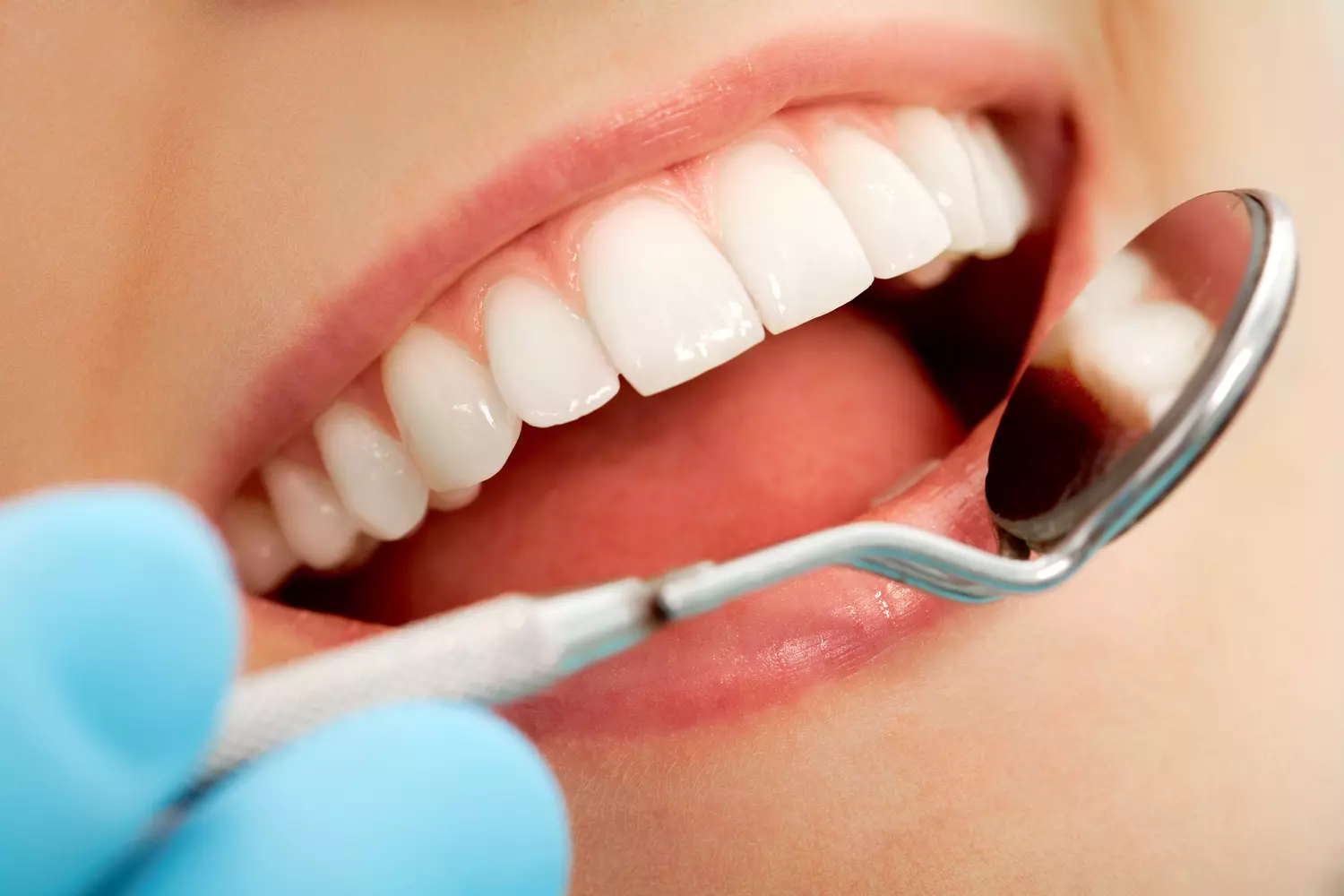
Where and how to treat teeth in Miami?
Saving on dental care is far from the hardest challenge for newcomers in the U.S. To make sure adapting to life under new rules doesn’t turn into constant stress, American Butler regularly shares timely and practical information.
We don’t just help with everyday and medical concerns — we also handle the planning of your leisure and vacations in the U.S. Want to feel confident in any situation? Reach out — we’re always here to support you!














